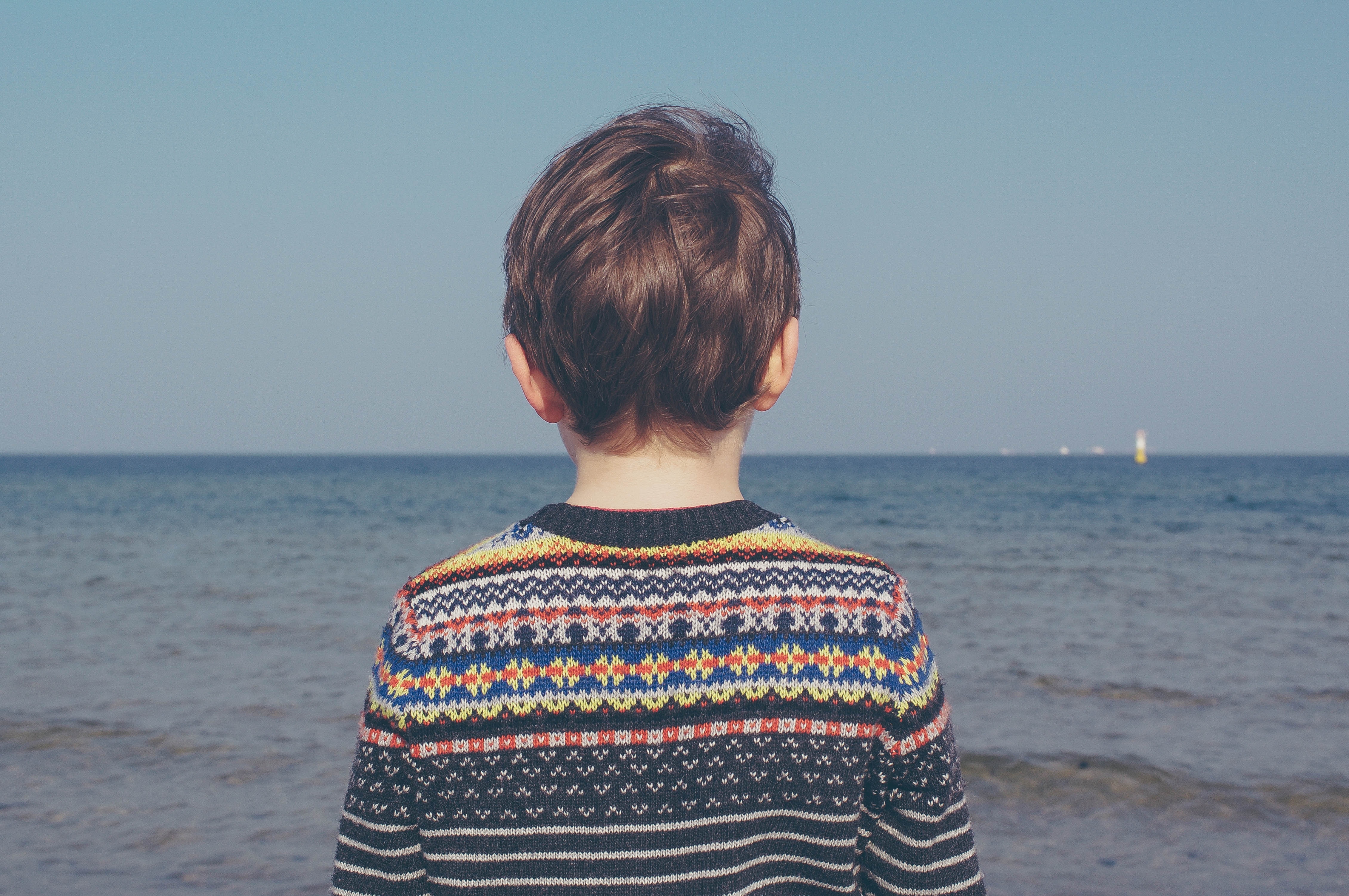
Growing up, I knew I wanted kids. Lots of kids. I had visions of Girl Scouts and basketball, a minivan, and filled bedrooms with halls that rang with giggles. As an adult, filling those bedrooms was a lot harder than I ever thought it would be. As is with most realizations, expectations were adjusted and my spouse and I thought, there are other ways to parent. While we would love to adopt, foster care is such an acute need, and that’s something that we can do — we have the time, the resources, the space, and the ability to be good parents to the kids who will need it most. This is something we can do.
In the state of Florida, you have to go through an extended training course to “prepare” you for taking kids into your home. At the end of the course (and after a mountain of paperwork, background checks, fingerprinting, etc.) a licensing agent comes to your house to do an inspection and asks a lot of questions about your family. I had friends ask if it felt really invasive, particularly since the kids that would be needing shelter would be coming from, presumably, more challenging home situations… my answer was yes, it was invasive, and it needed to be. I would expect them to make 100 percent certain that we were an appropriate home before they dropped the most vulnerable children into our care.
I had no idea what we were in for.
After our licensing process, we were placed with two children, a brother, and a sister. They were adorable little kids, with a complicated background and a young mother who loved them very much. In the six months that they were in our care, we experienced all sorts of things I would not have expected. I learned more about our state system and our legal system than I ever knew I didn’t know. The generational brokenness that exists right here among this community is heartbreaking, and it brought up so many realizations of privilege. Something as simple as the high school message of, “Don’t drink and drive. If you go to a party and there is drinking or drugs, call your parents to come and get you.” It never once occurred to me — what if your parents are the ones who are drinking or doing drugs? Who do you call to help you? As an adult, what do you do to climb out of poverty and drug use when you have no safety net, and your entire network of associates lives in the life you are trying to escape for yourself and your children? How easy it is to say that someone is living with the result of “bad choices” when something is a choice for you but a means of survival for someone else.
There are also more players in a single child’s case than I could have guessed. Their sweet, young social worker who would come to our house at 7 p.m. after working all day so she could visit the kids, and sit and answer all the questions we had about their care and case plan. Their guardian ad litems (GALs), court-appointed guardians tasked with making recommendations in the best interest of the children in the case, bringing toys and smiles and games, and offering support to us as much as the kids. Therapists, doctors, pediatricians, behavioralists… the cast of characters was a mile long, all focused solely on the well being of the children in my house. And even with all of that support, it wasn’t enough.
There were behaviors that I never could have predicted but should have. These were kids removed from their mother, their only source of stability, and thrust into another family. Over time, the behaviors got more severe and less responsive to intervention methods we had learned, and our own young children were affected. We realized that a lot of the issues stemmed from attention-seeking behavior, and after discussion with the kids’ team it was decided they would do better in a house with no other children. The kids responded to our children by acting out in an attempt to hold on to the healthy adult interaction that they got from us, but it was like a fire burning oxygen to survive, and none of us could breathe. We were able to find another licensed family with no children in the house and invited them over for dinner to meet the kids. They hit it off, and with the support of the kids’ team, we transitioned them to their new home. We are incredibly fortunate that because we already knew this family, we are kept up to date with their progress, we receive pictures, and we are able to meet up for play dates with the kids. The most important thing to us in this whole process was not being additional adults in the kids’ lives who disappeared or caused additional trauma, while still recognizing that for the health of our family none of us were suitable together any longer.
Foster care is a beautifully chaotic system full of people who are attracted to helping the most vulnerable of those among us. They care for children and families, mothers and fathers, and family members who come from far and wide to try and step in to care for children and youth when they need it the most. It is, by far, the hardest thing I have ever done in my life. And we will do it again. The need is great and load is heavy, but it is a load bore with love — even in admitting defeat.
















